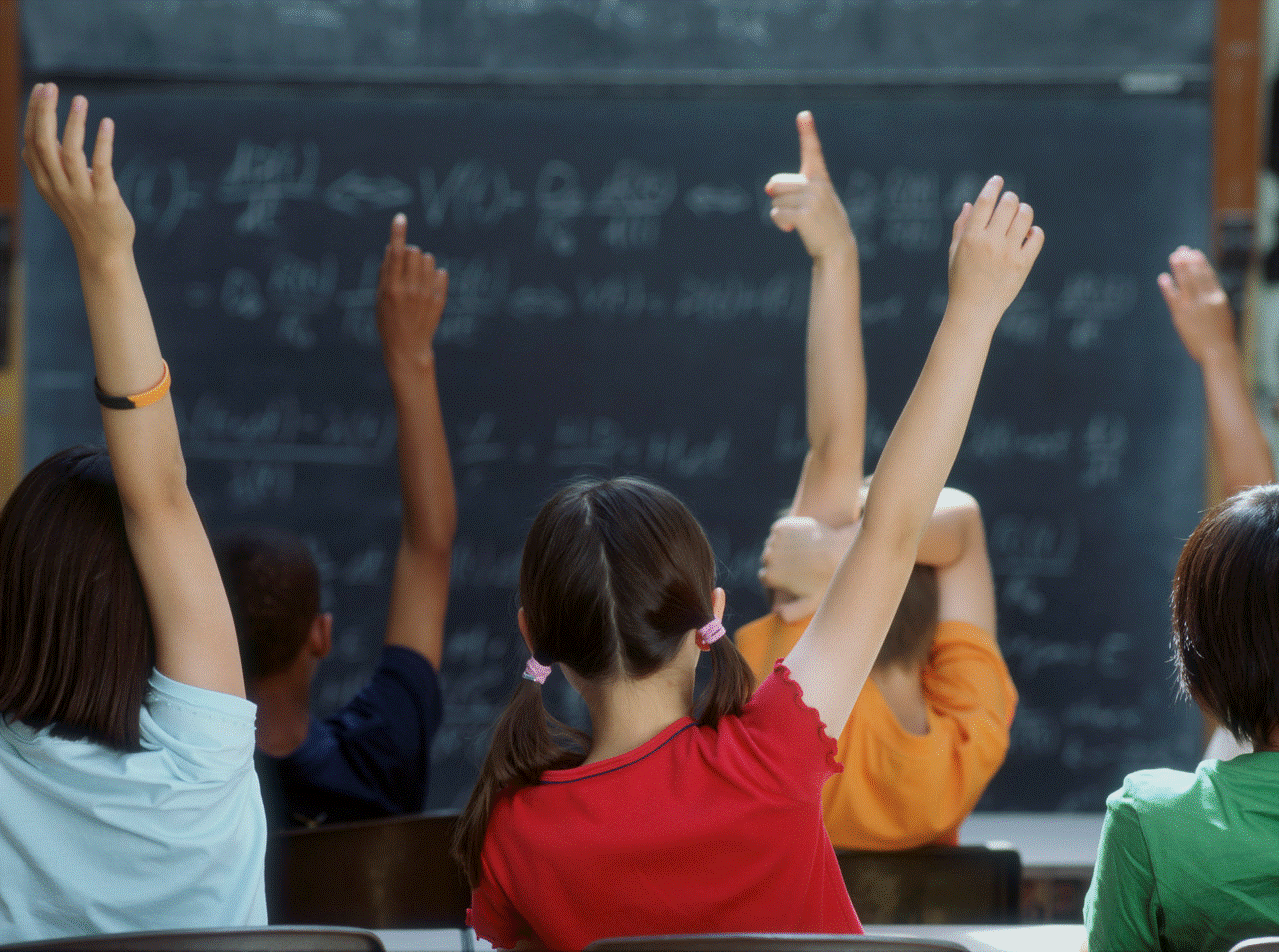Parents shell out big bucks for cram schools
A Hangzhou mother posted a bill on the social media, claiming she spent more than 28,000 yuan (US$4,322) on her child's summer school, swimming and other related expenses during the two-month summer vacation.
The post went viral as it resonated with many parents, who consider summer vacation a perfect time to prepare their children for the competitive education system.
Zhang Li is a sixth grade math teacher at TAL Education, a Beijing-based cram school chain with outlets in over 20 cities across China. This year, her classes were packed with students who wanted to improve their academic performance and prepare for exams that determine their entry into the best middle schools.
“Extra classes are expected to help kids get into the best middle schools, which is a prerequisite for entering high schools,” said Zhang. “Parents expect their children to excel even after being enrolled in good schools.”
Cram schools don't close after the vacation. Now, Zhang is busy with the autumn classes which runs until late December. From Friday to Sunday, she has three classes with approximately 20 students every time. She is likely to take four more classes soon as more parents enroll kids with the start of the semester.
Parents worry not only about gaining entry into good schools, but also about arts cultivation.
Li Xuefang’s 6-year-old daughter, Jia Jia, will go to primary school next year. She has already signed up for piano, dance and tae kwon do classes for her daughter in the hope that it will help build her personality.
“The total curriculum cost me more than 12,000 yuan. Since every class takes nearly 90 minutes and is spread over a week, my husband, parents-in-law and I take turns taking her to the classes," said Li. “But I think my daughter is enjoying it."

With the start of the new school semester, Jia is continuing with the classes. Li thinks that the classes would help her develop her potential and stand her in good stead when she applies for private primary schools.
However, not all kids cooperate with parents. Chang Qing’s 8-year-old son refused to enroll for arts class, sticking only to roller-skating.
“At first, I planned to give my boy a relaxed childhood, but when he entered primary school, I was forced to take action,” Chang said. “Seeing his classmates learn a musical instrument, I felt anxious and blamed myself.”
Chang eventually sent the boy to learn violin this summer. But he showed no interest in music.
“The 6,000-yuan violin class was a waste, but I quickly took him to learn roller-skating. Without any extra skills, how can he compete with others?”
Early childhood education institutions have boomed in recent years. Many parents prefer commercial institutions instead of public preschools.
Zhu Yanfei took her 15-month-old daughter to MY GYM, an early childhood education institution from America. The 96-hour curricula that offered age-appropriate, weekly classes incorporating music, dance, games with sports, cost her 13,000 yuan.
“My daughter has loads of fun playing there. I also hope she can be agile and flexible while developing social skills, confidence and self-esteem.” said Zhu. “Many of my friends sent kids there. I don’t want to be seen as behind the times.”
Ni Yongmei is also a customer of the institution. Her 3-year-old son takes English classes though he can barely speak a word of English.
In addition to academic performance and arts cultivation, another pressure on parents comes from housing.
In Hangzhou, children can take enrollment exams for slots in expensive private schools, or go to public elementary schools depending on the address on their hukou (permanent residency permit). Usually, good public schools mean sky-high real estate price.
After living in Hangzhou for six years. Zhang Qianqian decided to sell her apartment in Xiasha and return to her hometown in Jinhua, a small town in Zhejiang Province.
“My apartment is not good enough for a good school. We cannot afford a second-hand house or a new flat with good schools,” said Zhang. “After a lot of thought, we decided to buy house in Jinhua, where the housing prices and the threshold for good education are both lower than Hangzhou.”















